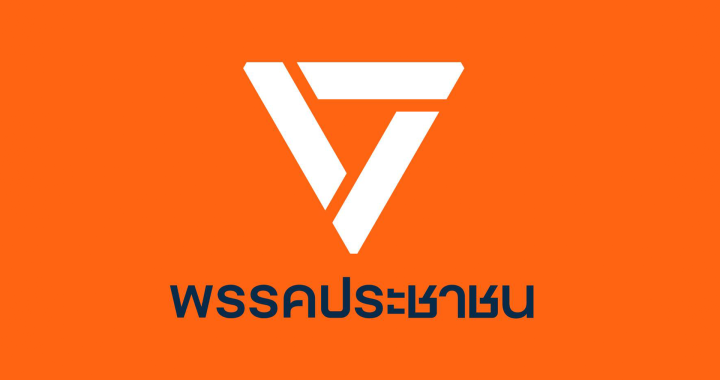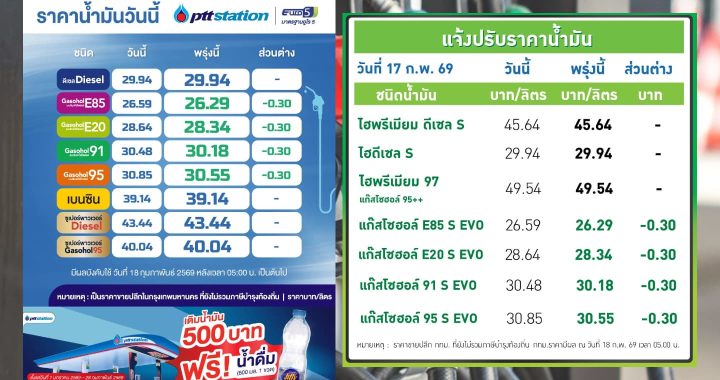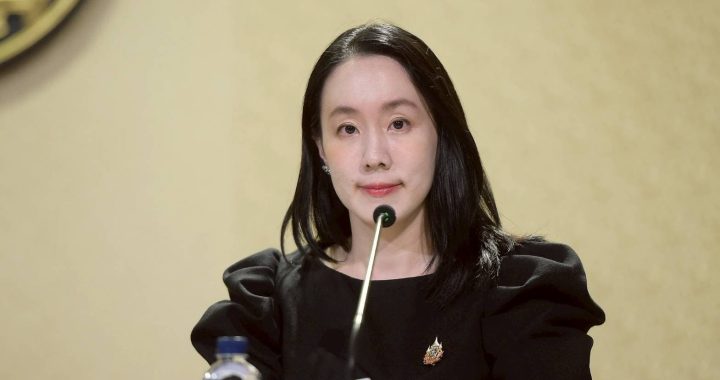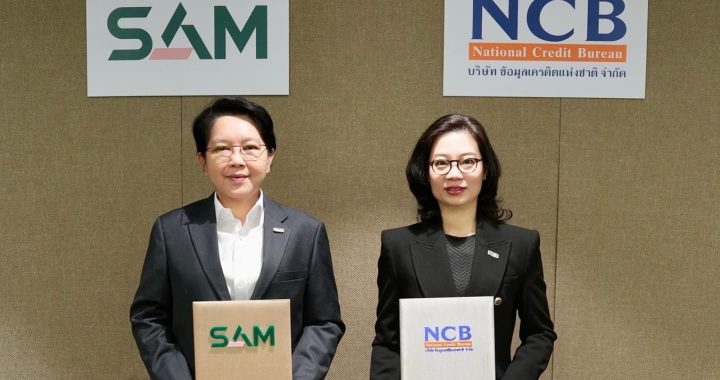SCB CIO expects political uncertainty to weigh on Thai stock

Finance and money technology background concept of business prosperity and asset management . Creative graphic show economy and financial growth by investment in valuable asset to gain wealth profit .
Forecasts Thai stock index at 1,660 by year-end, banking on tourism sector boost
The SCB Chief Investment Office (SCB CIO) of Siam Commercial Bank (SCB) has evaluated the impact of political uncertainty on the Thai stock market, considering the new government’s emphasis on income distribution. The fiscal sector’s stimulus may be limited due to high levels of public and household debts. The Thai economy has benefited from the growth in tourism, agricultural production, and private consumption. The projected SET Index at the end of the year is approximately 1,660 points. However, if the government formation is delayed and affects the 2024 budget disbursement, the Thai stock index may experience a potential decline of around -8% from the current level of approximately 1,550 points.
Dr. Kampon Adireksombat, the First Senior Vice President and Team Head of SCB Chief Investment Office, has revealed the SCB CIO’s analysis titled “Monitoring the New Government’s Impact on Thai Stock Market Investment Opportunities.” The analysis considers three possible scenarios for government formation. The first scenario involves the Move Forward Party collaborating with the Pheu Thai Party and six smaller parties, with the Prime Minister candidate from the Move Forward Party. The second scenario is similar to the first but with the Prime Minister candidate from the Pheu Thai Party. The third scenario involves the Pheu Thai Party joining forces with the former government, with a Prime Minister candidate from the Pheu Thai Party. Currently, eight political parties led by the Move Forward and Pheu Thai Parties have signed a memorandum of understanding (MOU) for the government’s establishment, consisting of 23 agendas and 5 guidelines for future government policies.
Nevertheless, the SCB CIO recognizes that political and policy uncertainties are the main factors influencing Thai stocks. The policies proposed by the parties forming the new government primarily focus on income distribution. However, due to the constraints of high public and household debts, the fiscal stimulus is expected to be less robust than in the past. Currently, the public debt-to-GDP ratio stands at 61%. To prevent it from exceeding 70%, the new government must find ways to increase government revenues through new forms of revenue collection and tax system improvements. This limits the net fiscal stimulus (expenses minus income). Additionally, despite the stimulus, high household debt remains a constraint on the expansion of consumer credit.
The SCB CIO believes that the economic policies of the leading party in the government formation are favorable for low and middle-income groups’ consumption. If the minimum wage is increased to 450 baht per day within the first 100 days of the government, private consumption is expected to rise. However, this increase may impact entrepreneurs’ profitability and create competition with countries that have lower labor costs than Thailand. In terms of inflation, its impact is predicted to be limited and gradual.
The establishment of a comprehensive welfare system, covering individuals from newborns to the elderly, is expected to support an increase in private consumption. The estimated annual budget required for this policy is 650 billion baht. Additionally, the policy to promote fair trade competition across all industries is anticipated to affect businesses in the telecommunications, liquor and beer, and power plant sectors. It may also influence investment in the capital market.

Dr. Kampon stated that although the specific details of government economic stimulus are still unclear, the Thai economy is likely to continue recovering due to the service sector and private consumption. The SCB CIO believes that the expansion of the service sector, particularly in tourism-related fields, along with agricultural production and private consumption, will benefit the Thai economy. However, risks such as political and policy uncertainties could lead to a slowdown in investment in both the public and private sectors. Moreover, the global economic slowdown may cause the recovery of the Thai export sector to be slower than expected.
Regarding the performance of Thai listed companies, they have emerged from an earnings recession with two consecutive quarters of profit contraction in the second half of 2022. Profit growth in listed companies rebounded positively in the first quarter of 2023, signaling a potential continuation of this trend in the second half of the year due to the improving economy and the reopening of cities and countries.
The SCB CIO maintains a slightly positive outlook on the Thai stock market, assuming that listed company performance has already reached its lowest point and that the economy will recover well in the second half of the year. However, attention must be paid to the establishment of the new government and political stability, as these factors play a crucial role in restoring confidence for foreign investors.
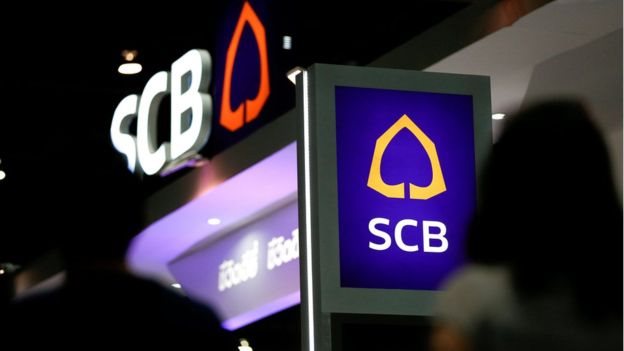
In the base case scenario, if the government is formed within the statutory timeframe by mid-July and the budgeting for 2024 is slightly delayed but manageable, the SET Index is expected to reach around 1,660 points by the end of 2023, representing a 7% increase from its current level of approximately 1,550 points. However, in a worse-case scenario where the government formation is significantly delayed, affecting the preparation and disbursement of the 2024 budget, coupled with prolonged political uncertainty and policies, the SET Index may face a potential decrease of approximately -8% from its current level.




